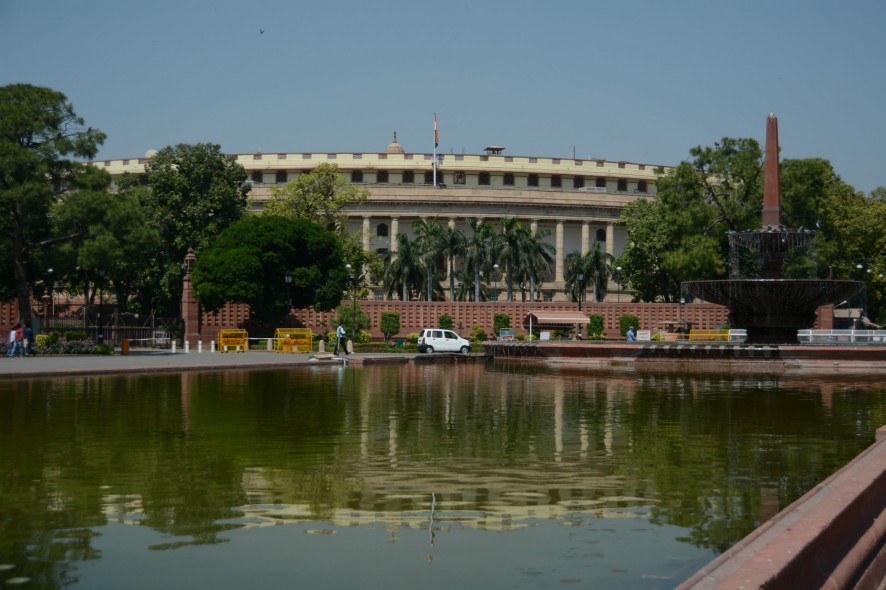The Scheduled Castes and the Scheduled Tribes (Prevention of Atrocities) Amendment Act, 2015 received the assent of the President on 31st December, 2015 and was passed to amend the Scheduled Castes and the Scheduled Tribes (Prevention of Atrocities) Act, 1989 and to repeal the Scheduled Castes and the Scheduled Tribes (Prevention of Atrocities) Amendment Ordinance, 2014.
The Act consists of 12 sections and one schedule that particularly entail provisions with respect to the following:
- Substitution of the words “Special Courts” with the words “Special Courts and the Exclusive Special Courts” in the Long title of the act.
- Section 2 of the Principal act which provides for definitions, insertion of the following words: (1) Dependent (2) Economic boycott (3) Exclusive Special Court (4) Forest rights (5)Manual scavenger (6) Public servant (7) Schedule (8) Victim (9) Witness
- Amends various provisions listed in Section 3 of the principal act which provides for the punishment for offences of Tribe atrocities.
- Amends various provisions listed in Section 4 of the principal act which provides for the punishment for neglect of duties.
- In section 8 of the principal Act substitutes the words “any financial assistance to a person accused of” with the words “any financial assistance in relation to the offences committed by a person accused of”.
- Addition of Clause (c) to Section 8 of the principal Act as “(c) the accused was having personal knowledge of the victim or his family, the Court shall presume that the accused was aware of the caste or tribal identity of the victim, unless the contrary is proved”.
- Section 10 of the principal act which provides removal of person likely to commit offence for a period of two years, amended to “three years”.
- Section 14 of the principal act which provides for constitution of “special Court” shall include “Exclusive Special Court” after the amendment.
- Insertion of section 14A providing for provisions with respect to appeals.
- Section 15 of the principal act which provides for appointment of a special public prosecutor to include Exclusive Public Prosecutor.
- Insertion of new chapter IVA-“Rights of victims and witnesses”.
- Insertion of a new Schedule after section 23 of the principal act providing for relevant Sections of the Indian Penal Code along with their respective offences and punishments.
-Ministry of Law And Justice (Legislative Department)







Coming into force w.e.f 26.01.2016